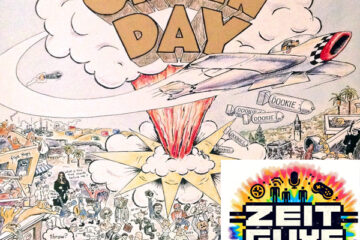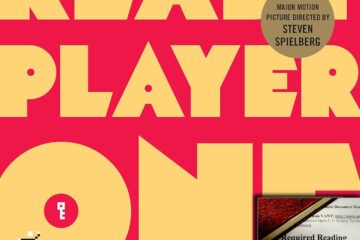Lincoln’s Rhetoric in the Gettysburg Address by Joshua Stephenson
On November 19 in 1863, Abraham Lincoln delivered one of the most famous and influential speeches in American history. Following the bloody and monumental Battle of Gettysburg, the president recited the famous speech to honor and memorialize the thousands killed. Throughout the dialogue, Lincoln uses specific rhetoric which establishes the facets of the ongoing Civil War and details his hope for the future of the country.
To begin the speech, Lincoln references the founding of America, as four score and seven years prior to the year of the speech is 1776, and establishes the morals and values of the nation as a new nation, conceived in Liberty, and dedicated to the proposition that all men are created equal. He then presents the current issue of the Civil War and states it as a test of, “whether the nation, or any nation so conceived and so dedicated, can long endure.” This statement is a reference to the fact that the nation is on the brink of decimation as the Union and Confederacy approach complete separation. Throughout the whole speech but particularly in this point, Lincoln continues to use the word “we” when addressing the audience. This not only makes him more relatable by putting himself on their level, but also creates an air of unity that is badly needed in a time of such separation. He then shifts the speech back to the lives lost at Gettysburg as he uses the rule of three literary device saying, “we can not dedicate — we can not consecrate — we can not hallow — this ground.” By doing this, he not only maintains good rhythm in the speech, but the president also focuses the attention of the monologue back to the fallen soldiers despite sprinkling in remarks on contemporary political issues. He once again diminishes his importance in the situation saying, “The world will little note, nor long remember what we say here, but it can never forget what they did here.” He uses this memory of the fallen as motivation for the Union to continue fighting and complete “the unfinished work which they who fought here have thus far so nobly advanced.” By giving the audience a common goal and cause, Lincoln once again pushes the idea of unity and provides a common motive for fighting. He calls his audience to not allow the dead to die in vain. Finally, Lincoln brings his entire speech together by acclaiming his hope for the future of America and that it “shall not perish from the earth.” These words mirror the fact that Lincoln truly has optimism and hope for the future of the country. He believes that peace can be achieved and that ultimately, America can once again be united as one nation.
In his Gettysburg Address, Abraham Lincoln delivers an extremely impactful speech. Through his rhetoric, he not only remembers those killed in battle, but also subtly makes strong remarks regarding the political conflicts of the Civil War. By preaching determination and inciting unity, Lincoln makes a statement about his belief that America can continue to stand tall and united.
The Gettysburg Address by Jack Winters
The Gettysburg Address is a speech delivered by President Abraham Lincoln during the American Civil War. It was said on November 19, 1863, at the Soldiers National Cemetery in Gettysburg, Pennsylvania.
In the speech, Lincoln honors the fallen soldiers and retells the principles of the Declaration of Independence, including the idea that all men are created equal. He also stresses the importance of the ongoing struggle to preserve the Union and ensure that government “of the people, by the people, for the people” shall not perish from the earth. This is one of the most famous lines from the Gettysburg Address and displays Lincoln’s belief in the importance of democracy and the idea that the government should be accountable to the people it serves. Lincoln also addresses the issue of slavery, which was at the heart of the Civil War. He does not explicitly mention slavery in the speech, but he does refer to the “new birth of freedom” and the need to ensure that “this nation, under God, shall have a new birth of freedom.” These phrases suggest that Lincoln believed that the war was necessary to achieve true freedom and equality for all Americans. Despite the speech only lasting about two minutes, the Gettysburg Address is considered one of the greatest speeches in American history. It is a powerful statement of the ideals that America was founded upon, and a reminder of the sacrifices that have been made to defend those ideals. Towards the end of the speech, Lincoln refers to the bible and talks about the future for America. Throughout the speech, Lincoln speaks about the horrors of war, and wants us to celebrate the battle field and mourn the fallen.
Overall, the Gettysburg Address is a powerful and enduring testament to the principles of democracy, equality, and freedom.


